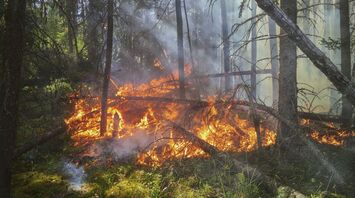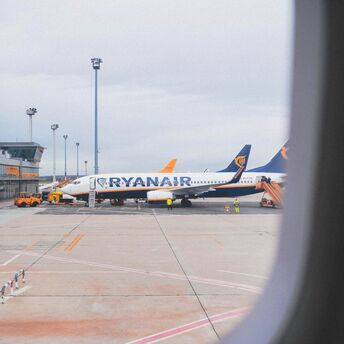Turkey Battles Wildfires: Evacuation of Residents and Deployment of Aircraft

Wildfires have once again engulfed the western regions of Turkey, where authorities are battling flames that threaten local residents and the tourism infrastructure. In the Kiyaköy district, a fire caused by the negligence of three people who were picnicking near a forest quickly spread, fueled by strong winds. Residential areas have already been affected, and more than 900 residents have been evacuated from five districts.
These fires pose serious consequences for Turkey’s tourism industry, particularly in coastal regions, which traditionally see an influx of tourists during the summer months. The evacuation and destruction of infrastructure may deter tourists, especially those who had planned trips to the affected areas. Travel agencies and hotels have already begun receiving inquiries from concerned clients about the current situation and the safety of their stay.
Turkey’s Ministry of Health reports that 29 people have been hospitalized, and 78 have been affected by the fire. So far, the fire has destroyed 16 buildings. In response to the disaster, Turkey has launched a large-scale firefighting operation, deploying 53 aerial vehicles—42 helicopters and 11 airplanes—and 366 ground units. Firefighters are working tirelessly around the clock to contain the spread of the fire and prevent any threats to major population centers.
The General Directorate of Forestry in Turkey has issued a high-level alert in 12 provinces in the northern and western parts of the country, warning of a high risk of wildfires over the next ten days. In recent years, Turkey’s coastal regions have been particularly hard-hit by wildfires as the summer months have become increasingly hotter and drier, a trend scientists attribute to climate change.
The current wildfires in Turkey serve as a reminder of how vulnerable coastal regions are to climate change. Each year, the summer season becomes more extreme, leading to an increase in the number and intensity of fires. As a popular tourist destination, Turkey must adapt to these new conditions by investing more resources in preventive measures and disaster preparedness.



















